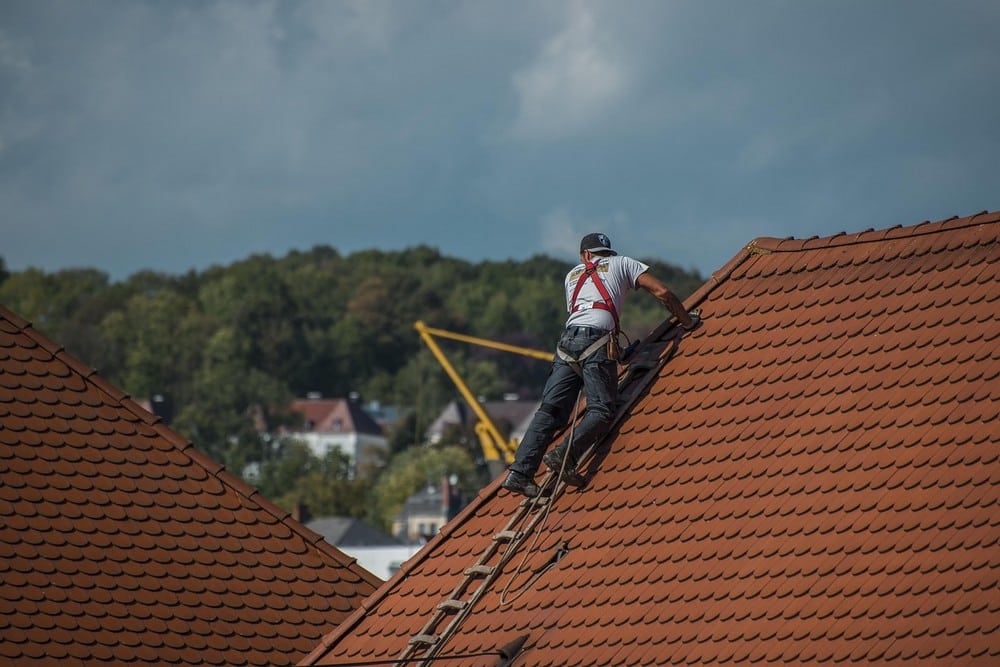
Getting a new roof is a worthwhile decision for homeowners. However, it is easier to get caught up in comparing aspects like warranties and installation techniques. While it may be overwhelming, understanding available coverage options is essential if you want durable protection for your home. Here are the three types of roof protection and what they cover.
Standard Manufacturer’s Warranty
The manufacturer typically provides the warranty and covers defects in the materials. Also known as material warranty, this coverage guarantees that the manufacturer will offer free material replacement or repairs under agreed conditions. This basic warranty usually means you are covered as long as your home exists.
Most standard manufacturers’ warranties last between 20 to 50 years, depending on the material quality. Many manufacturers also cover the cost of defective material replacement for the first few years and then offer prorated coverage. That means the factory will only offer free initial installation, but not pay for tear-off and disposal of defective materials. If the defects occur during the prorated period, the manufacturer will only cover a portion of the labor costs or a lesser value of materials.
The downside of the manufacturer’s warranty is that it only covers internal factory factors. As a homeowner, you will pay for defects due to external factors like weather events and improper installation. Checking the producer’s terms is crucial before purchasing materials.
Workmanship Coverage
Workmanship plays a significant role in the longevity and performance of the roof. A well-installed roof minimizes maintenance costs, especially for issues arising from extreme conditions or improper fastening. For this reason, most roofing contractors offer workmanship warranties to cover problems due to poor installation.
Workmanship coverage guarantees the installation follows industry standards and the manufacturer’s specifications. It protects against work mistakes like misaligned shingles and poorly sealed edges. It also covers leaks resulting from gaps in flashing or inadequate sealing. However, it does not pay for damages that are not installation-related. These include weather events and defective materials.
An installation warranty lasts about 10 years, although some contractors offer longer terms. However, working with a reputable company like Wortham Brothers Roofing ensures a quality result that lasts a lifetime. When vetting contractors, always check their experience working with different materials and past client testimonials.
Full-Coverage Warranty
The degree of coverage you receive from the manufacturer or contractor may vary depending on their definition of lifetime protection. For instance, the manufacturer may offer free material replacement but not cover labor costs once the agreed-upon period expires. Similarly, the contractor may not offer protection for material defects, directing the costs to the manufacturer. Full coverage is recommended to avoid comparing different options.
Full coverage or extended warranties offer comprehensive protection that combines standard manufacturer’s and contractor’s warranties. They are available at an extra cost and require a complete roof system before they become effective. However, they cover issues arising from material defects, workmanship errors, and other roofing components. Most trusted providers also give extended protection lasting for up to 50 years.
Endnote
Selecting the best roof warranty is a critical step that requires careful consideration of various aspects. Each coverage has its challenges. However, considering each coverage’s scope, protection duration, transferability, and limitations can help you make informed decisions safeguarding your investment.








